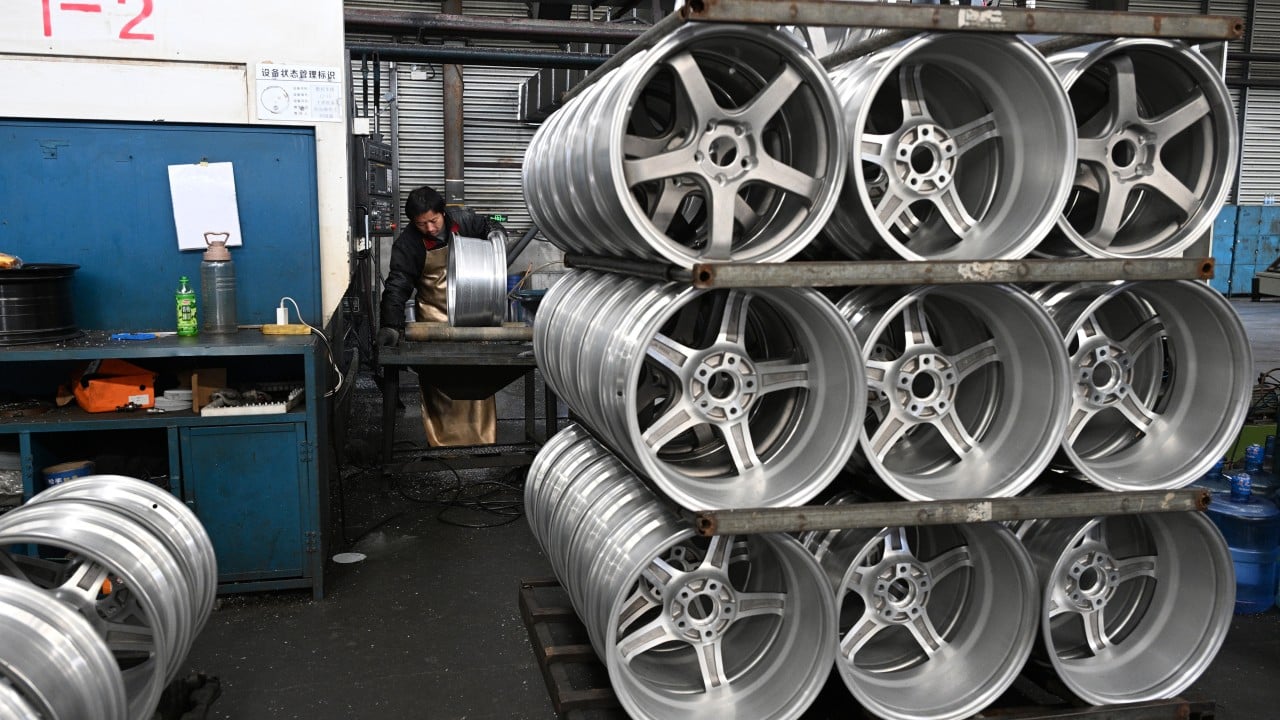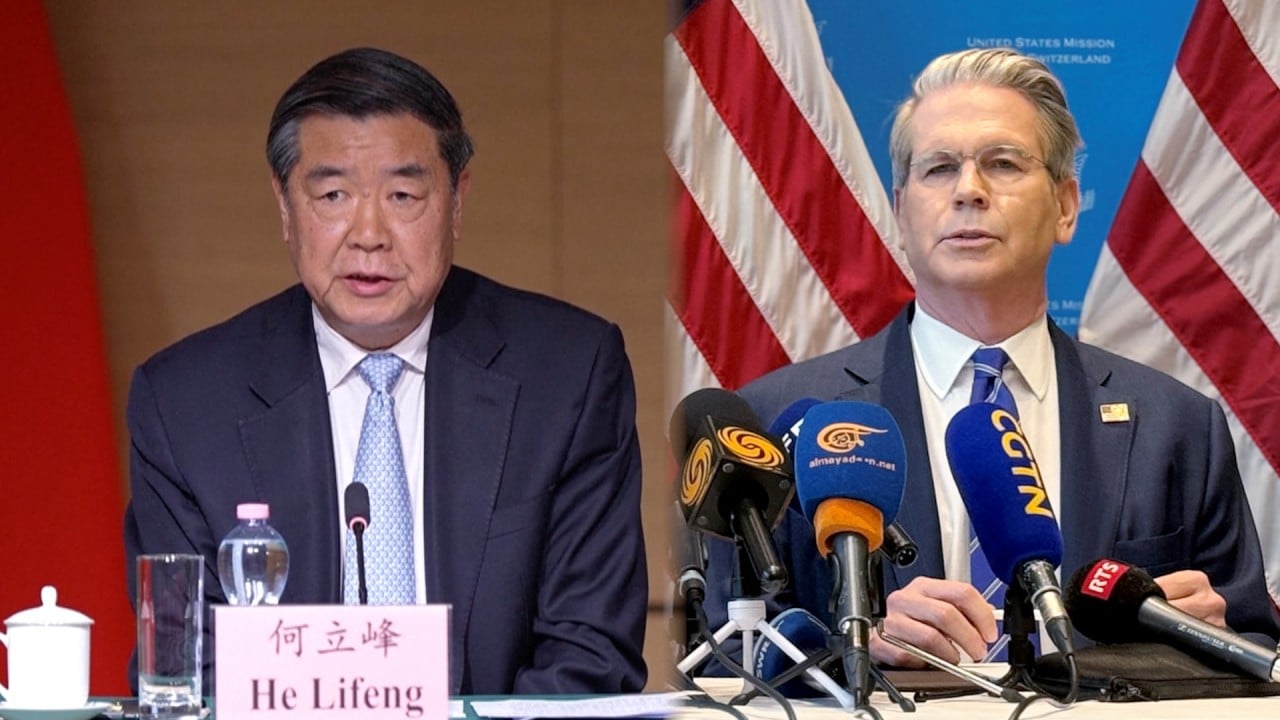Lower tariffs on Chinese goods are likely to keep auto-parts exports relatively attractive for American buyers, prompting mainland-based producers to reassess their plans to build production facilities in the US.
Advertisement
The US agreed to lower its combined 145 per cent tariffs on most Chinese imports to 30 per cent for 90 days after talks in Geneva on Monday, cooling a stand-off between the world’s two biggest economies since US President Donald Trump rolled out his so-called reciprocal tariffs on the nation’s trading partners.
Officials with five vendors said they embraced the truce since their goods were still demanded by their American clients. China shipped almost 100 billion yuan (US$13.9 billion) worth of auto parts to the US – from electric vehicle (EV) batteries to lidar sensors and drive control systems – in 2024, according to customs data.
“We are confident that US customers will be willing to buy our products, even if they still have to pay the extra [lower] tariffs,” said Qian Kang, who owns a factory making printed circuit boards in Zhejiang province in eastern China. “But neither Chinese vendors nor American customers are able to strike deals, because the outlook is uncertain. You have to be aware that tariffs may jump again 90 days later.”
Chinese-made EV batteries are now subject to 58.4 per cent US tariffs – which comprises the 30 per cent extra levy and the existing duties, down from 173.4 per cent before the Geneva deal.
Advertisement
Not all Chinese car-parts producers were subject to the 145 per cent additional duty the US imposed last month. On average, they faced an import duty of around 70 per cent, according to the International Intelligent Vehicle Engineering Association.


